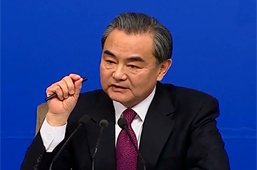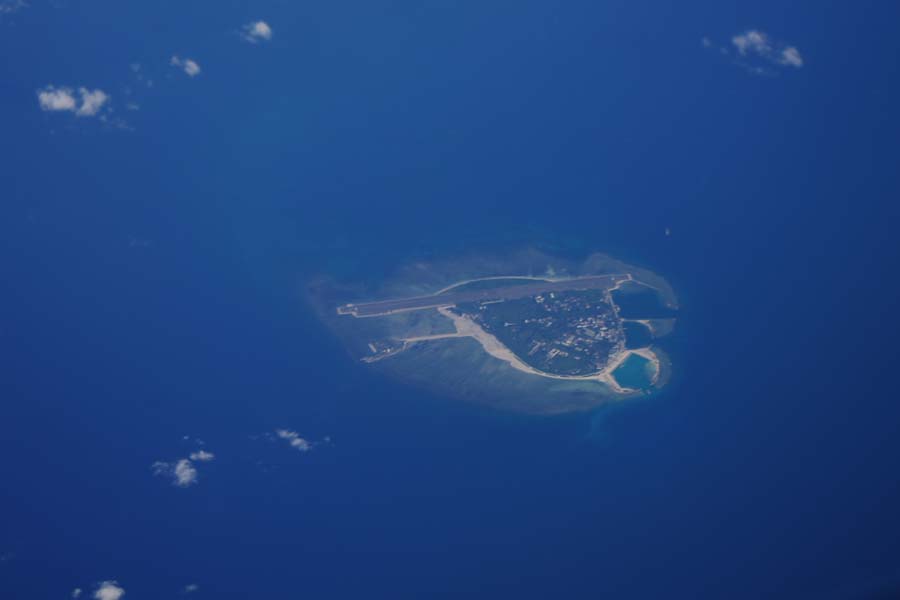How Beijing and Manila have successfully overcome their maritime dispute and strengthened their cooperation has set a good example for the region by showing that differences do not need to be obstacles to friendly relations.
President Xi Jinping's visit to the Philippines, the first by a Chinese president in 13 years, was a significant step, as it mapped out a new blueprint for comprehensive strategic cooperative relations between the two countries.
It is heartening to see both Xi and his Philippine counterpart President Rodrigo Duterte spoke highly of bilateral ties when they met on Tuesday. Such warm words would have been unimaginable two years ago when bilateral ties deteriorated due to the previous Philippine government's provocations and confrontational approach to the maritime dispute.
Western media have been trying to play up the fact that Xi is visiting a US ally, in a bid to sensationalize the tensions between China and the United States, which they see as vying for influence in the region. A perception that US Vice-President Mike Pence fueled with his divisive remarks at the APEC meeting in Papua New Guinea on the weekend.
But while that might be the game the US is playing, it is not what China is doing.
It would be more to the point to say that Xi is visiting a close neighbor and consolidating the good momentum in relations that has been fostered since Duterte reopened the door to cooperation.
Last year, the trade volume between the two countries topped $50 billion, and the newly added investment from China reached $53.84 million, representing a year-on-year increase of 67 percent. But as well as their economic cooperation, they are also making joint efforts to combat illegal drugs and terrorism, and promote people-to-people exchanges.
The strong development momentum in China-Philippines ties strikes another positive note in China's neighborhood diplomacy, as well as in its interaction with the 10-member Association of Southeast Asian Nations, at a time when China and the regional bloc are jointly working to advance consultations on the Code of Conduct to maintain peace and stability in the South China Sea.
Xi's remarks when he spoke with Duterte in Manila on Tuesday, reinforced his words at the APEC meeting, that China is sincere in wanting to form a community for common development in the region. And as China and the Philippines have shown, by putting the contentious issues on one track and areas in which they can promote mutually beneficial cooperation on another, the region can foster a friendly neighborhood in which all can prosper.
Both Beijing and Manila need to continue to build on the current desirable picture so that their hard-won results in repairing and promoting bilateral ties are not disrupted by the US and its zero-sum games.



 Overview
Overview Resources & Environment
Resources & Environment



 QQ 好友
QQ 好友 微信好友
微信好友 易信好友
易信好友 QQ空间
QQ空间 朋友圈
朋友圈 百度空间
百度空间